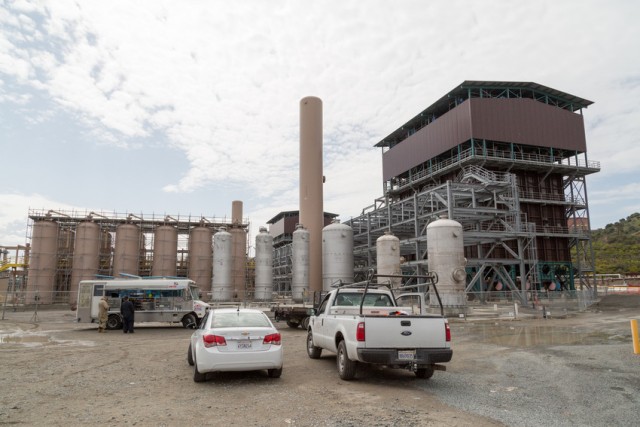
Richmond’s city council approved the $1 billion project after a six-hour hearing marked by sharp divisions of opinion. The upgrade at Chevron’s Richmond refinery will allow the company to refine higher-sulfur crude oil. It’s a smaller version of a project the company first proposed in 2005, and which was stopped by a lawsuit in 2009.
The modernization project, as Chevron calls it, centers around the construction of a new hydrogen plant. Hydrogen is used to clean sulfur out of crude oil. Chevron is looking to refine higher-sulfur crude, also known as sour crude or dirty crude, because, the company says, that’s what they’re getting from declining oil fields.
The project that passed the council late Tuesday night is a revised version of Chevron’s proposal. Known as Alternative 11, the project caps greenhouse gas emissions; instead of no net increase, there will be no increase in greenhouse gas emissions, period. With the upgrade, Chevron will be able to process more sulfur, but Alternative 11 permits Chevron to process less than the company originally wanted.
Alternative 11 could actually reduce the amount of crude oil moving through the refinery.
“It’s going to have to do more to refine higher-sulfur crude, which means it’s going to have to use more energy to refine that higher-sulfur crude, which means it won’t have enough energy left over to refine as much crude,” explained Jennifer Hernandez, an attorney with Holland & Knight, and the city’s lead consultant on the project.
